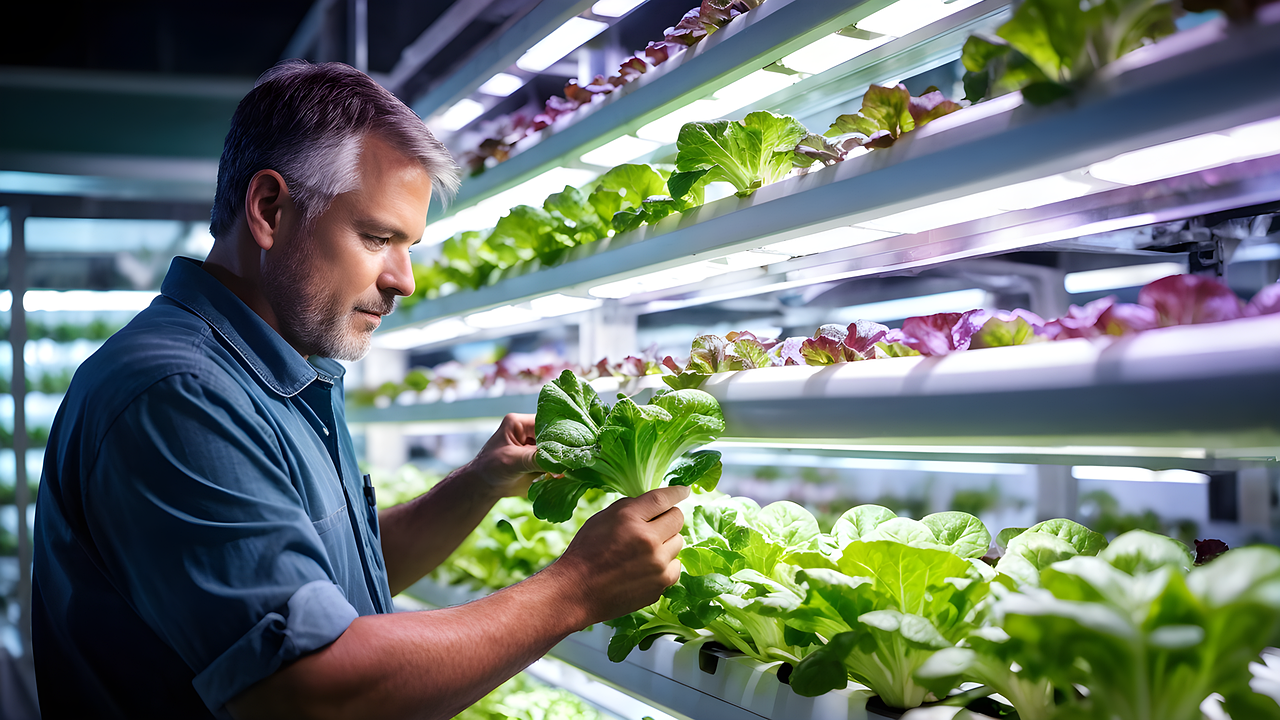Introduction
Agriculture has been at the heart of civilizations for centuries, providing food, resources, and livelihoods. But as the world’s population grows and challenges like climate change become more pressing, agriculture is undergoing a transformation. Thanks to technology, farming is becoming smarter, more efficient, and more sustainable. In this article, we’ll look at how technology is changing the way we farm and what the future holds for agriculture.
1. Precision Farming: Smart Decisions for Better Efficiency
One of the most exciting innovations in modern farming is precision farming. With the help of technology like sensors, drones, and satellites, farmers can now gather data about their crops in real time. This information helps them make smarter decisions about things like irrigation, fertilization, and pest control. Instead of treating large areas the same, farmers can now focus on what each plant needs, saving resources and increasing productivity. Precision farming is not just about higher yields; it’s also about reducing waste and practicing more sustainable farming.
2. Drones: The Eyes in the Sky for Crop Monitoring
Drones are transforming the way farmers keep an eye on their fields. With high-definition cameras and sensors, drones provide a bird’s-eye view of crop health, allowing farmers to spot issues like disease, pests, or water shortages early on. This means they can take action right away, before small problems become big ones. Drones are efficient, saving farmers time and money by covering large areas quickly.
3. Autonomous Tractors: Farming Without the Need for a Driver
Another technological breakthrough that’s making waves in agriculture is autonomous machinery. Tractors, harvesters, and other equipment that can operate without a driver are now becoming a reality. These machines can work tirelessly, day or night, making farming more efficient and less dependent on manual labor. Equipped with GPS and AI, they ensure that every operation, whether it’s planting, plowing, or harvesting, is done with precision. This reduces fuel consumption, minimizes soil damage, and frees up farmers to focus on other tasks.
4. Artificial Intelligence (AI): Smarter Farming Decisions
AI and machine learning are playing an increasingly important role in agriculture. These technologies analyze large amounts of data and help farmers predict the weather, plan planting schedules, and even detect crop diseases before they spread. AI can also suggest the best crops to grow based on soil conditions, climate, and market demand. By using AI, farmers are able to make more informed decisions, which leads to better yields and fewer risks.
5. Vertical Farming: Growing Food Where Space is Limited
As cities grow, traditional farming methods face challenges due to limited space and resources. This is where vertical farming comes in. Vertical farming involves growing crops in stacked layers, often in urban environments, using hydroponic or aeroponic systems. These methods use less water and space compared to conventional farming. Vertical farms help reduce the need for transporting food over long distances, making them an eco-friendly solution to local food production.
6. Biotechnology: Creating Crops for a Changing Climate
The impact of climate change on agriculture is undeniable, but biotechnology is helping farmers adapt. Advances in genetic engineering are creating crops that are more resistant to drought, pests, and diseases. These genetically modified crops can thrive in challenging conditions, ensuring a more stable food supply. As the climate continues to change, biotechnology will play an essential role in maintaining food security and minimizing the environmental impact of farming.
Conclusion
The future of agriculture is full of possibilities, thanks to technological innovations. From precision farming and drones to AI and biotechnology, these advancements are not only making farming more efficient but also more sustainable. As technology continues to evolve, farmers will be better equipped to face the challenges of feeding the world’s growing population while protecting the planet. The future of farming is not just about better machines; it’s about smarter, more responsible ways of producing food for the generations to come.

Leave a Reply